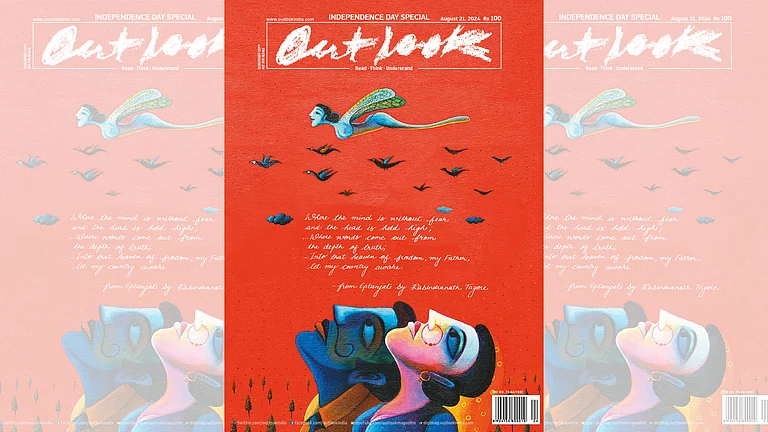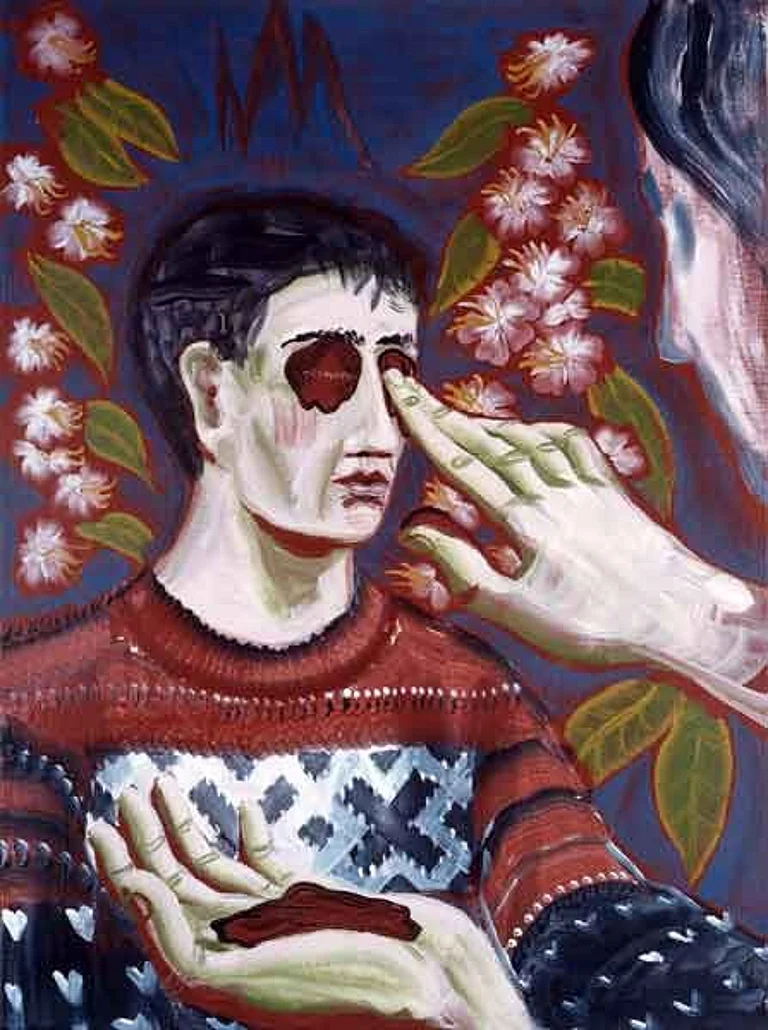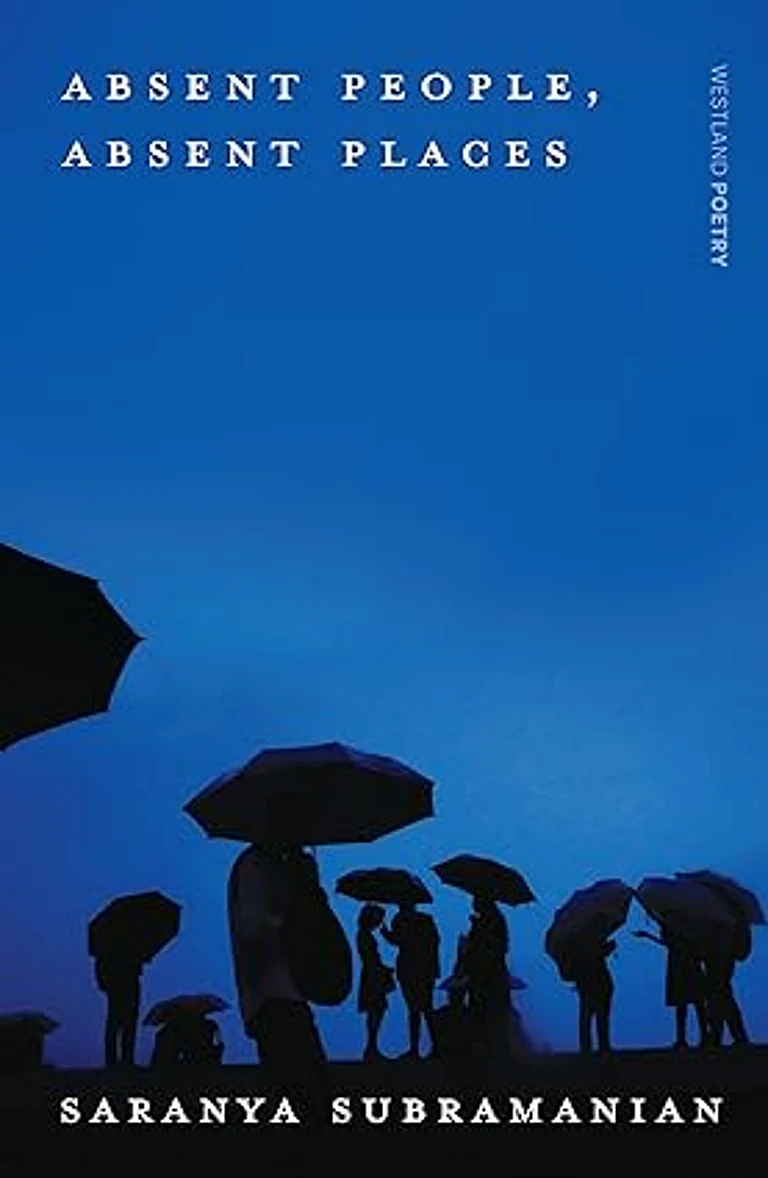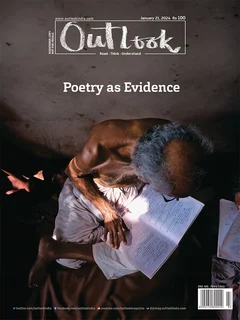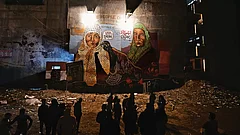Gandhi And Poetry
One day a lean poem
reached Gandhi’s ashram
to have a glimpse of the man.
Gandhi spinning away
his thread towards Ram
took no notice of the poem
waiting at his door,
ashamed at not being a bhajan.
The poem now cleared his throat
And Gandhi glanced at him sideways
through those glasses that had seen hell.
“Have you ever spun thread?” he asked,
“Ever pulled a scavenger’s cart?
Ever stood in the smoke of
An early morning kitchen?
Have you ever starved?”
The poem said: “I was born in the woods,
in a hunter’s mouth.
A fisherman brought me up
in a cottage.
Yet I knew no work, I only sing.
First I sang in the courts:
then I was plump and handsome
but am on the streets now,
half-starved.”
“That’s better,” Gandhi said
with a sly smile. “But you must give up this habit
of speaking in Sanskrit at times.
Go to the fields. Listen to
The peasants’ speech.”
The poem turned into a grain
and lay waiting in the fields
for the tiller to come
and upturn the virgin soil
moist with new rain.
—Translated from Malayalam by the poet
K Satchidanandan, Kerala
(K Satchidanandan, a luminary among Indian poets, stands as a versatile figure encompassing the roles of poet, critic, and astute political commentator. Originating from Kerala, his poetic works in Malayalam have transcended linguistic barriers through numerous translations. In 2011, his contributions led to a Nobel Prize for Literature nomination.)
Song of Labour
Listen o brother
Here we chime
This song of the beedi
Listen to us rhyme.
The labourers gather
The labourers gather
We go to the munshi [middleman], beedi-leaves to bring.
Listen o brother
Here we sing,
This song of the beedi
Listen to us sing.
The leaves we bring back
The leaves we bring back
And set about for a round o’ cutting.
Listen o brother
Here we sing,
This song of the beedi
Listen to us sing.
Once the beedis are cut
Once the leaves are cut
We prepare for the final rolling.
Listen o brother
Here we sing,
This song of the beedi
Listen to us sing.
After the beedis are rolled
After the beedis are rolled
We begin the stage of bundling.
Listen o brother
Here we sing,
This song of the beedi
Listen to us sing.
Once the gaddis [bundles] are done
Once the bundles are done
Our baskets we start packing.
Listen o brother
Here we sing,
This song of the beedi
Listen to us sing.
Now the jhuris [baskets] are packed
Now the baskets are stacked
To the munshi we start carrying.
Listen o brother
Here we sing,
This song of the beedi
Listen to us sing.
Once at the munshi’s place
Once at the munshi’s place
We set upon the final tallying.
Listen o brother
Here we sing,
This song of the beedi
Listen to us sing.
Now the tallies are over
Now the tallies are over
Out comes the diary, we start scribbling.
Listen o brother
Here we sing,
This song of the beedi
Listen to us sing.
The diary has been filled
The diary has been filled
Pay our wages and listen to us chant.
Listen o brother
For our wages, we chant.
Twice a hundred and fifty-four in change,
Hear o munshi, please do arrange.
Two fifty-four bucks, that’s all we need,
Listen o munshi, listen indeed.
—Translated from Bengali by Joshua Bodhinetra
Kohinoor Begum, West Bengal
(Kohinoor Begum, 55, sings about the rights of women, labour, farming and more. Her music brings people together and bolsters solidarity. She is a mid-day meal cook at Janaki Nagar Prathamik Vidyalaya Primary School in Bengal’s Murshidabad district. In her spare time, she rolls beedis and also campaigns for the rights of other women engaged in this work. In Murshidabad, it is the poorest of women who roll beedis—a physically punishing job. Kohinoor Begum is a one-woman band—she sets the music and plays the dhol. Her feisty songs revolve around themes such as labour and daily chores.)
This song, translated by Joshua Bodhinetra, was first recorded and compiled by Smita Khator for the People’s Archive of Rural India on February 11, 2023.







